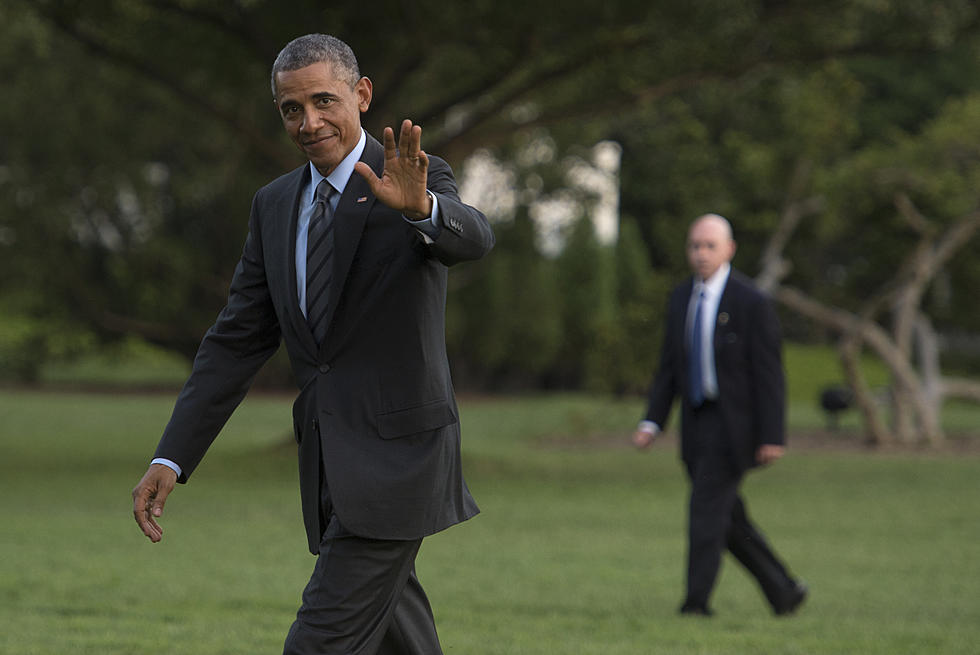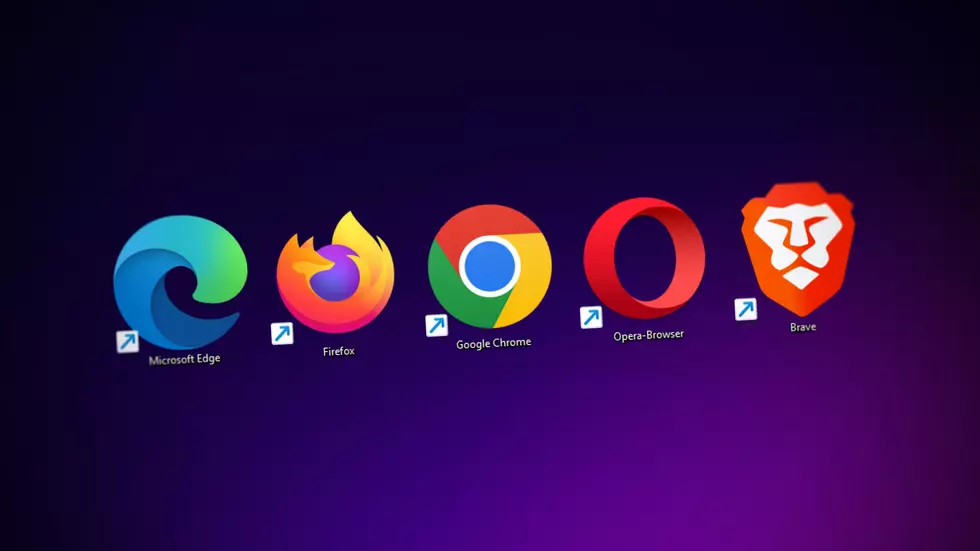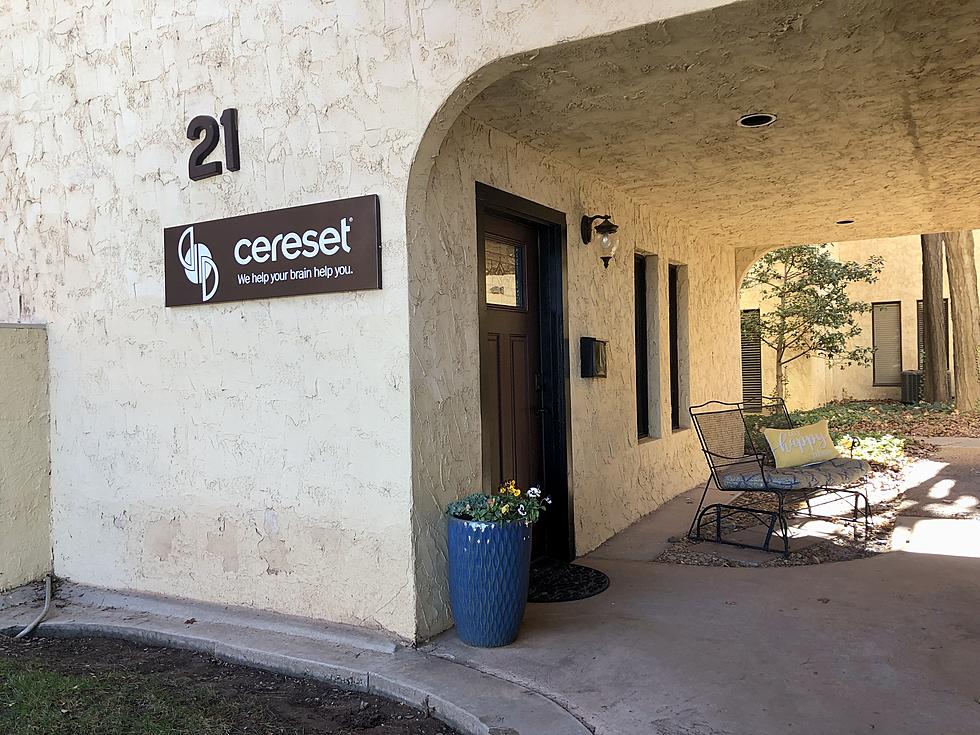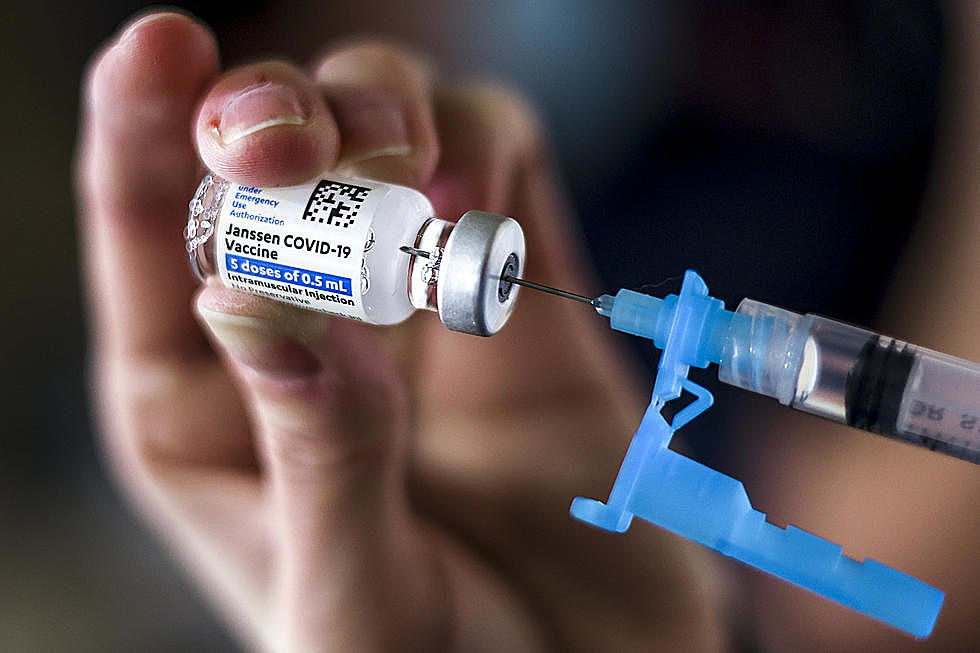
Chad’s Morning Brief: Obama Backs Net Neutrality, Obamacare Numbers Trending Lower, and Other Top Stories
Here is your Morning Brief for November 11, 2014.
Obama Calls for Internet Regulation
One of the major news stories yesterday and moving forward has to do with the future of the internet and how it is regulated. As CNet reported yesterday, President Obama announced he was for what is known as Net Neutrality.
President Barack Obama urged the government to adopt tighter regulations on broadband service in an effort to preserve "a free and open Internet."
In a statement released Monday, Obama called on the Federal Communications Commission to enforce the principle of treating Internet the same way, also known as Net neutrality. That means treating broadband services like utilities, so Internet service providers would be unable "to restrict the best access or to pick winners and losers in the online marketplace for services and ideas."
Obama wades into a contentious debate that has raged over how to treat Internet traffic, which has only heated up as the FCC works to prepare an official guideline. Those rules were expected to be made available later this year, though reports now claim they may be delayed until early 2015. The debate has centered on whether broadband should be placed under Title II regulation under the Telecommunications Act, which already tightly controls phone services.
Proponents believes Title II regulation would ensure the free and fair flow of traffic across the Internet. Opponents, however, believe the onerous rules would limit investment in the infrastructure and new services, and that toll roads of sorts would provide better service to companies that can support their higher traffic volumes. That has created widespread concern that ISPs could throttle service in some instance, intentionally slowing down some content streams and speeding up others.
Some of the major broadband providers have already spoken out against the plan. "Reclassification under Title II, which for the first time would apply 1930s-era utility regulation to the Internet, would be a radical reversal of course that would in and of itself threaten great harm to an open Internet, competition and innovation," Verizon said in an e-mailed statement.
"Today's announcement by the White House, if acted upon by the FCC, would be a mistake that will do tremendous harm to the Internet and to U.S. national interests," said Jim Cicconi, AT&T senior executive vice president for external and legislative affairs, in a statement.
"To attempt to impose a full-blown Title II regime now, when the classification of cable broadband has always been as an information service, would reverse nearly a decade of precedent, including findings by the Supreme Court that this classification was proper," David Cohen, executive vice president at Comcast, said in a statement.
The broadband providers have advocated for a "light-touch" regulatory environment that has been in place, which they argue has been the catalyst for wireless and broadband investment.
The FCC earlier this year saw a vigorous response from the public to its call for comments on its Open Internet proposals, with the FCC's servers sometimes stumbling and crashing under the overwhelming input. The comment window closed in September.
The debate will likely fall into this argument. Who do you trust to do the right thing? The government or the corporations?
You can read the entire story by clicking on the link above.
Obamacare Numbers Dropping
According to the Washington Post, the number of Americans enrolled in Obamacare is dropping and will fall below estimates going forward.
The Obama administration announced Monday it expects the number of people who will gain health coverage in the next year through the Affordable Care Act’s insurance marketplaces to be significantly fewer than previous government predictions.
Health and Human Services officials said that 9 million to 9.9 million Americans — as much as 30 percent below other estimates— will have insurance by the end of 2015 through fledgling federal and state insurance exchanges intended for people who cannot get affordable coverage through a job.
The figures mark the first time that the administration has made public its view of how popular the marketplaces’ health plans, which began to provide coverage in January, will prove in their second year. They are more pessimistic than estimates last spring by the Congressional Budget Office, which predicted that 13 million people will have health coverage through these insurance exchanges in 2015.
HHS officials, speaking on condition of anonymity, said that their analysisis based on an appraisal of how quickly people have tended to be drawn to other kinds of public health insurance programs when they were new, combined with predictions of how many people who bought health plans through the exchanges this year will keep them.
As of mid-October, the officials said, 7.1 million people were paying customers of health plans they had bought through the marketplaces, a slight decrease from 8 million customers just after the first, shaky enrollment period ended early last spring. The decrease is, in part, because not all customers have continued to pay their monthly insurance premiums—and because the government has dropped 112,000 immigrants who did not prove that they were eligible.
You can read the entire story by clicking on the link above.
Other Must Read Links:
More From News/Talk 95.1 & 790 KFYO








![Frogue: Democratic Candidate Positions On Health Care Insurance [INTERVIEW]](http://townsquare.media/site/192/files/2019/07/Doctor-Health-Care-Thinkstock.jpg?w=980&q=75)
